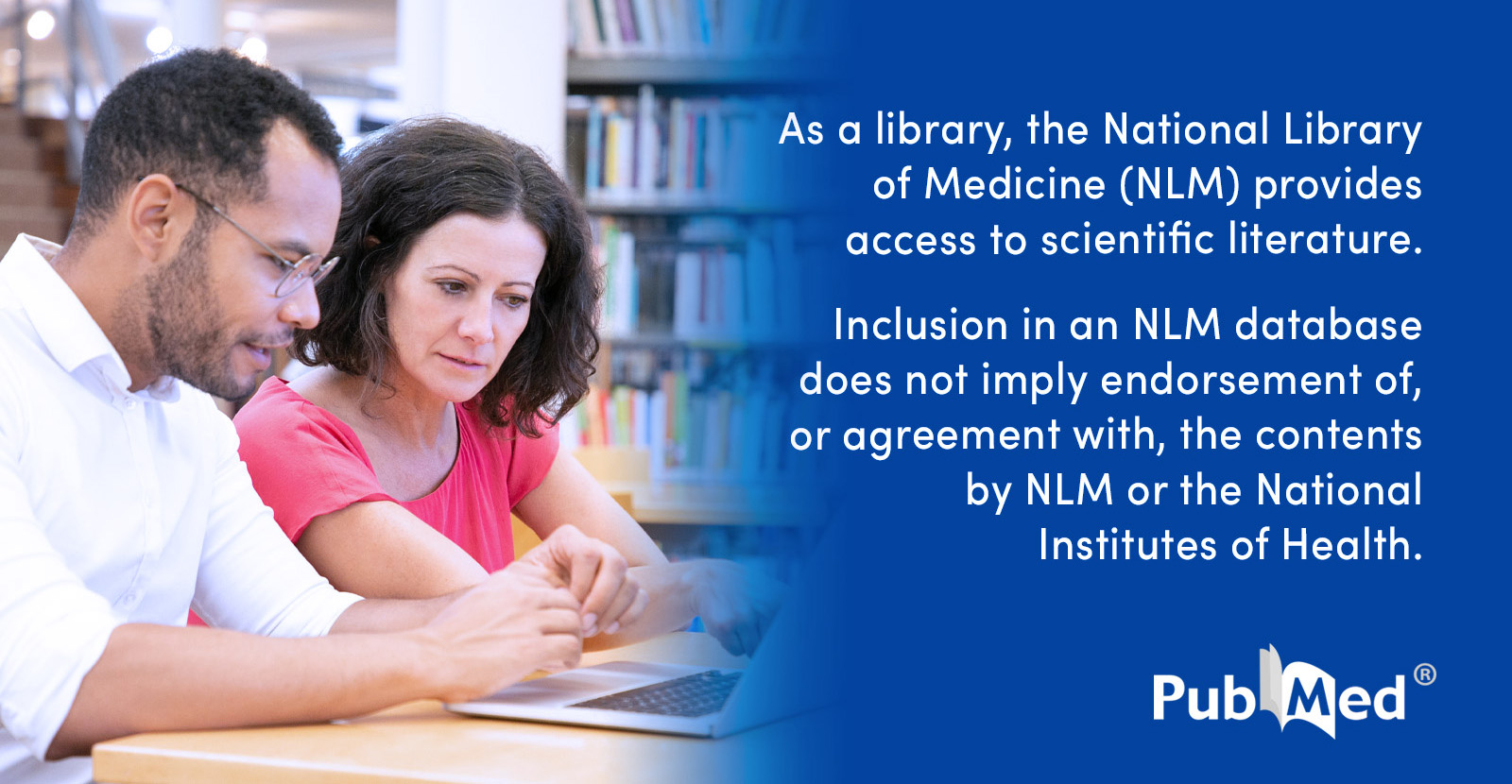- Nov 4, 2013
- 16,847
- 1,953
- Gender
- Male
- Faith
- Christian
- Marital Status
- Private
Well you get diferent definitions like for example from the Royal College of PsychiatristsSpirits and stuff.
Spirituality involves the recognition of a feeling or sense or belief that there is something greater than myself, something more to being human than sensory experience, and that the greater whole of which we are part is cosmic or divine in nature.
That covers more than religion.
Its actually recognised as part of being human as a human higher need.
Maslow describes a hierarchy of ascending needs: from the physiological to the transcendent. He suggests that those who are ultimately fulfilled move beyond their personal needs for significance, security, and self-esteem towards transcendence.
Spirituality is more than emotions. Emotions are more related to the temporal world, our senses but spirituality or a spiritual experience or awakeness transcends the temporal. It takes you out of yourself and into the bigger picture of reality where we feel a part of something beyond us.These are called emotions.
Its a destinct difference to temporal emotions and people have been using this for millenia for experiencing serenity, healing and also in psychology. Its the source of great inspiration, wisedom, knowledge and discovery of new ways to see things. Whereas emotions tend to tie you to the physical world, the senses and the immediate surroundings relating to yourself and others.

How Spirituality Can Benefit Your Health and Well-Being
Spirituality is the broad concept of a belief in something beyond the self. Learn more about the many ways spirituality can lead to less stress and better health.
No we are all born with this spiritual sense and belief in divine concepts. People can gradually lose that, well at least the recognition and awareness of it due to cultural and social conditioning. But spirituality is every bit a part of someone as breathing air.Speak for yourself. This ain't me.
Born believers: How your brain creates God

Born believers: How your brain creates God
Michelangelo's painting The Creation of the First Man is in the Sistine Chapel in Vatican City. Human beings have a natural inclination for religious belief, especially during hard times Read our related editorial: The credit crunch could be a boon for irrational belief WHILE many institutions...

Justin L Barrett: Do children believe because they're told to by adults? The evidence suggests otherwise
Justin L Barrett: Do children believe because they're told to by adults? The evidence suggests otherwise
Humans 'predisposed' to believe in gods and the afterlife
New research finds that humans have natural tendencies to believe in gods and an afterlife. Research suggests that people across many different cultures instinctively believe that some part of their mind, soul or spirit lives on after-death. The studies demonstrate that people are natural...
www.sciencedaily.com

Religion is natural - PubMed
Despite its considerable intellectual interest and great social relevance, religion has been neglected by contemporary developmental psychologists. But in the last few years, there has been an emerging body of research exploring children's grasp of certain universal religious ideas. Some recent...
lol, their more smarter than that now with Ai.Bleep, blorp.
I knew it. It seems disbelief in free will and agency goes hand in hand with scientific materialism or reductionism. I think its based on the basis of our conscious experience, the only thing we can measure free will and agency. How else can we determine this.On what basis do you think you have free will?
Of course a materialist will say any sense you think you have of free will is unreal based on the same limited measure of reductionism. But in reality we are more than the physical processes of our bodies.
But some things cannot be proven by empiricle evidence. Like love. How do you do a test to prove that you love a partner or child. The actions are not love themselves and could be motivated by other reasons. So we reason why we love and its a matter of faith. But love and hate are every bit as real, they can change the world.I prefer evidence. Arguments are for the dinner table.
Consciousness is another. As you would have seen from the video I linked it is completely impossible for a physical measure to verify consciousness. Yet we know its real. We argue its realness by the fact we have conscious experiences.
Because real brain states are not the experience. They are two completely different things. Neurons, snapes, the electrical chemical signals are in a completely different category for measurements. It would be like using a tape measure to measure the experience of beauty.They are real brain states. Why do they need to be anything more?
As with Frank Jackson's thought experiment of Mary's Room. Mary is colour blind but knows everything there is to know about how the eye works, the cones, rods, how light and the colour spectrum work. Just like we could know everything there is to know about the correlates or consciousness and the brain.
So when Mary experiences the colour red fror the first time from her black and white world she has learn new knowledge about the world through her new experience of the colour Red that she never knew before. Yet nothing in her experience was real in the physical sense. Nothing in the neurons, rods, cones or light colour spectrum had or could explain the experience of red.
Frank Jackson's famous 'Mary's Room' Thought Experiment
http://www.youtube.com/watch?v=QhTRbXpfKw8&ab_channel=JeffreyKaplan
Upvote
0



